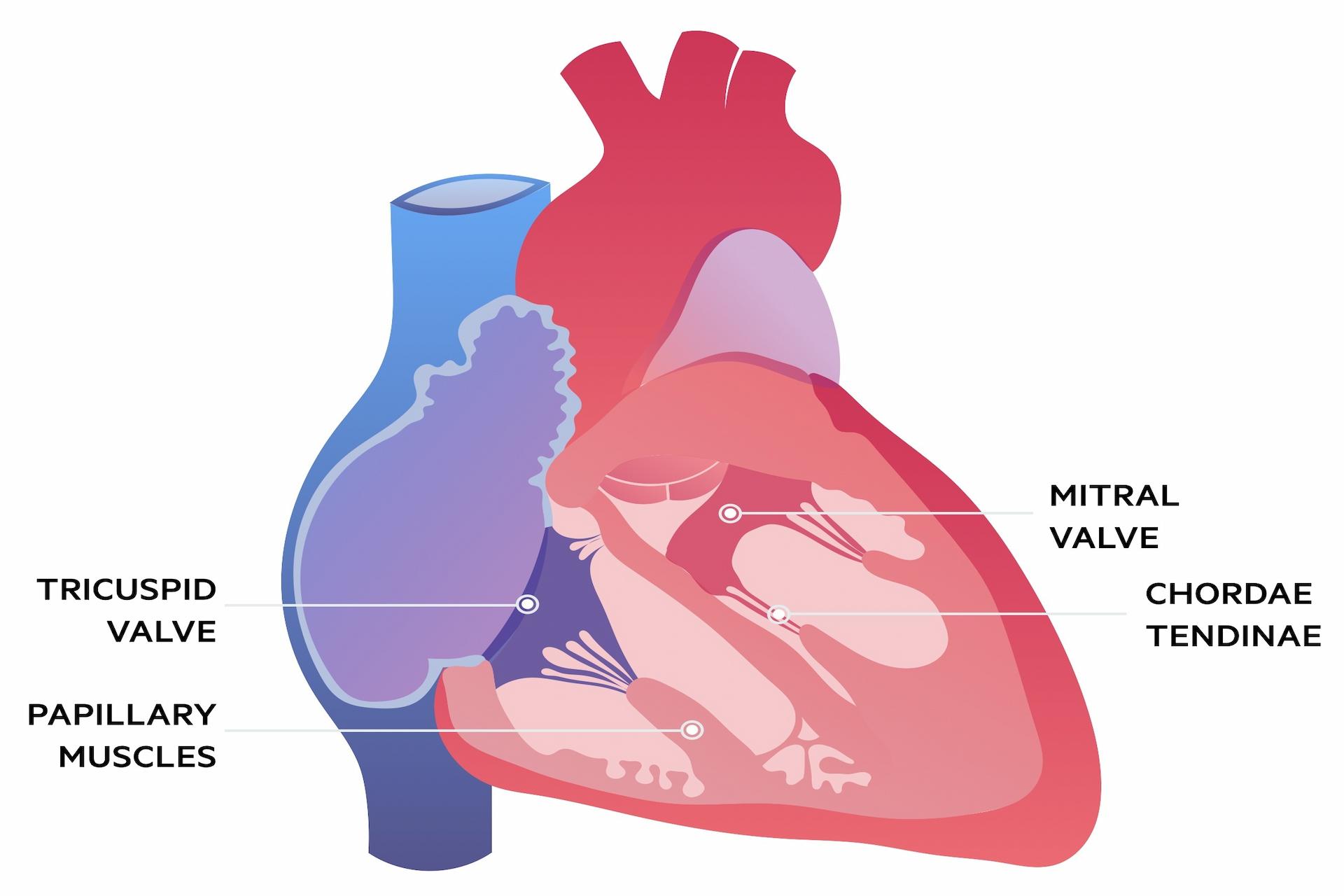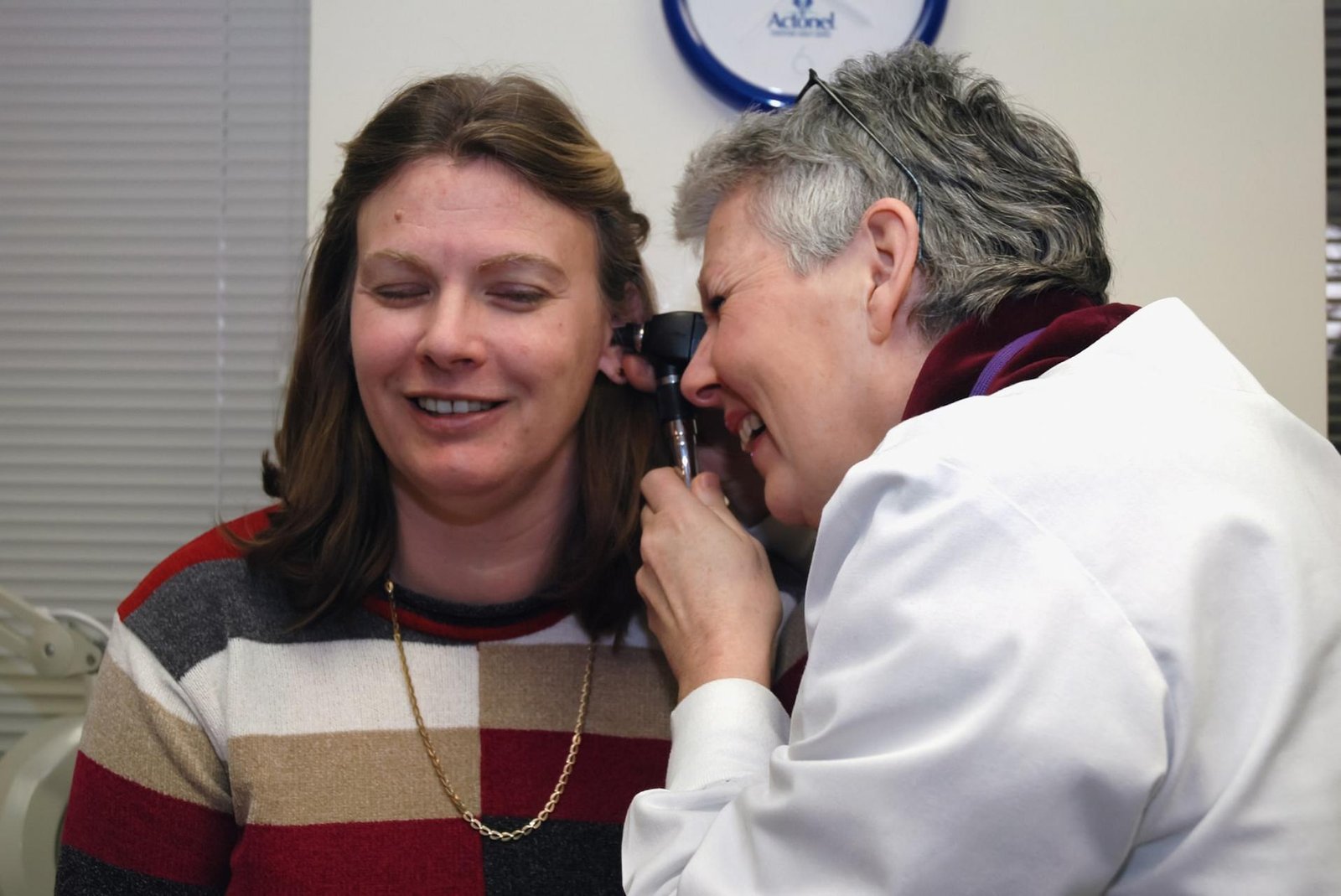During the earlier stages of HIV, infection symptoms seem to be quite mild and they could easily be ignored or dismissed. Ironically, even when the symptoms are barely noticeable, an HIV-infected individual could be transmitting the virus successfully to other healthy people. It is, therefore, mandatory for you to know for sure if you are having the infection. In the case of women, many HIV symptoms would be varying from those of men. However, there are some common symptoms present in both men and women.
Some Early Symptoms
During the first few weeks post becoming HIV infected, you could notice some symptoms such as feverish, lack of energy, and headache. These symptoms are bound to disappear within just a few weeks. Early symptoms are pretty mild and it might be taking a decade for more serious symptoms to be visible in several cases.
The Importance of Opting for Relevant Testing
The best way of knowing if you are having HIV infection is by getting proper tests done such as the direct Elisa. HIV testing seems to be pretty easy and you may consider doing it privately and anonymously. You could opt for a test at the physician’s office itself or visit any local testing site or perform an at-home test.
Skin Issues
HIV-infected people develop skin issues. Skin sores and rashes are the most common HIV symptoms. The skin could be becoming ultra-sensitive to sunlight and other irritants. A typical rash would look like a red flat patch that has small bumps. The skin could become flaky. Lesions and sores may appear in the mouth, anus, and genitals and these would be quite problematic and difficult to treat. HIV-infected individuals are more prone to develop shingles and herpes. These skin issues could be treated with proper medication.
Infections
HIV positive people have immunity issues and so they are not able to combat germs as such they are susceptible to various infections. Some of the most common infections experienced by HIV positive people are hepatitis C, tuberculosis, and pneumonia. HIV-infected individuals are more susceptible to infections related to the kidneys, lungs, eyes, brain and even the digestive tract. It would increasingly become impossible to treat even the most common issues such as the flu. Regular intake of HIV medications and frequent hand washing could prove to be helpful in preventing some of these clinical issues and their associated complications.
Swollen Glands
The lymph nodes are known to combat infections by filtering out the harmful elements and storing effectively the immune cells. When the HIV infection progresses, the immune system shifts into top gear. As a result, there would appear enlarged lymph nodes that are most commonly referred to as the swollen glands. These are supposed to be the initial signs of HIV. The swollen glands could be lasting for quite a few months.
Night Sweats & Fever
HIV-infected patients may develop fever when anything goes wrong. It is supposed to be a definitely low-grade fever and often goes unnoticed by others. Moreover, often night sweats which could compromise your sleep may be accompanied by fever.
Menstrual changes
Women who are HIV-positive may experience menstrual cycle changes. Your monthly periods would be becoming heavier or lighter or there could no longer be any periods.
Conclusion
You are aware that HIV could be transmitted from one person to another through bodily fluids. This would be happening through a sexual encounter and sharing needles. You can be instrumental in reducing risks by using intravenous drugs. Never share the needles. If you have sex with just one partner, you may properly use a condom.





